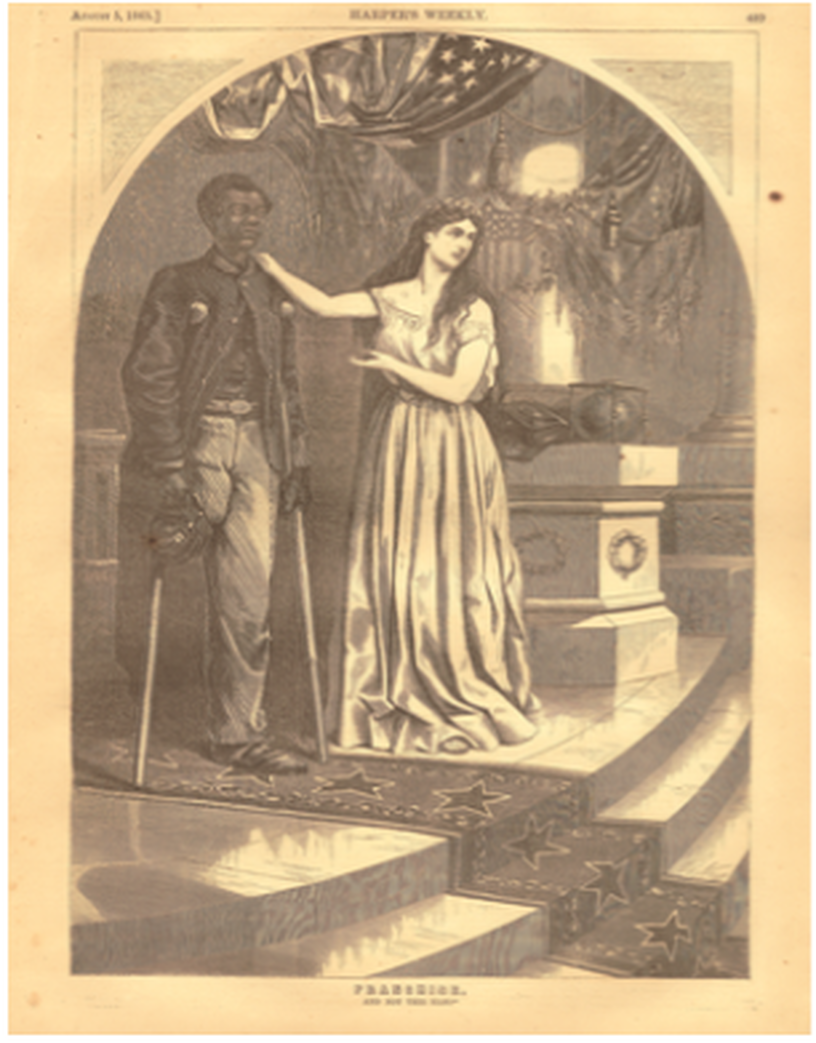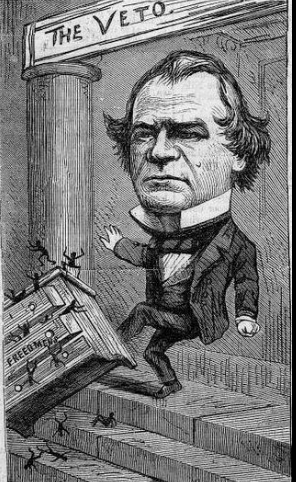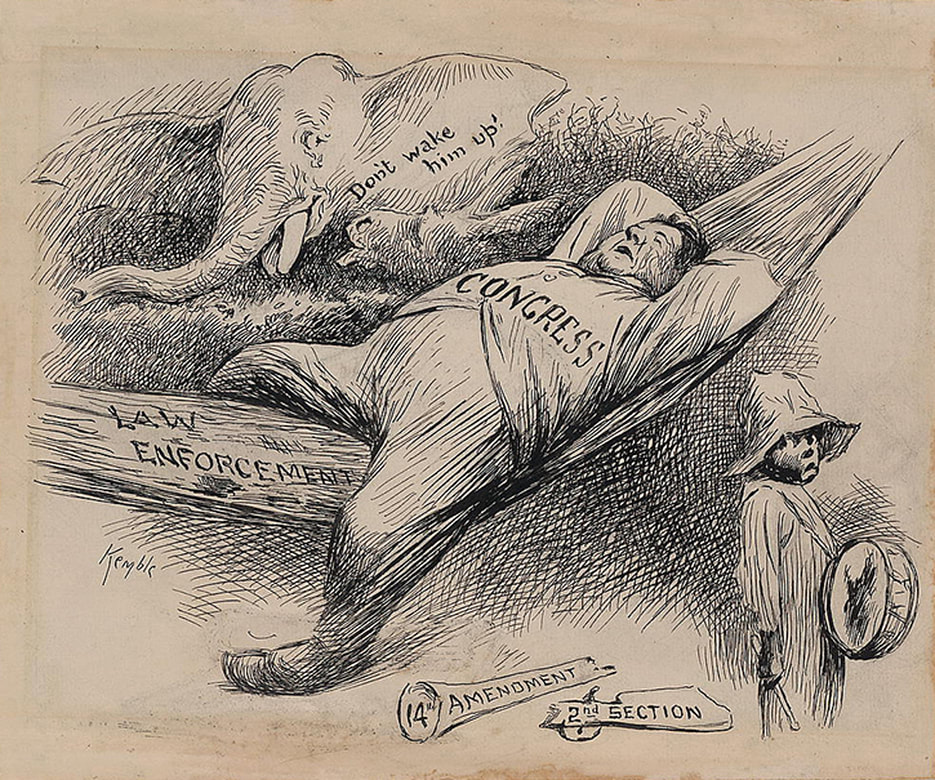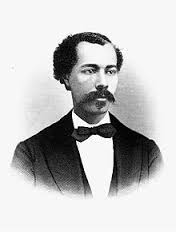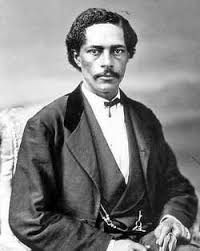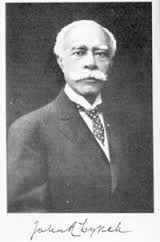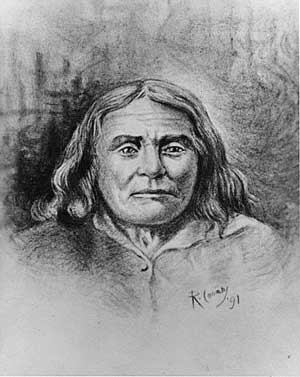RECONSTRUCTION AND RIGHTS OF CITIZENSHIP
As Reconstruction began there will be a debate like in the movie between Lincoln and Thad Stevens. How far will we bring back treasonous rebels or secesh? How will freed slaves participate in society? What will slave holders get back? What will the freedmen get to become franchised in to American society? We will Read Like Historians and try to find what happened and we will continue to look at what did and has happened to connect to today. This will be today's Wayback Wednesday. Let's get to work and follow the social contract.
CIVIL RIGHTS AND DUE PROCESS ARE AMERICAN VALUES
This Wednesday this will be the wayback. As we have talked all year, and some of you, for two years, our class social contract is super important. We have asked that you expand it to all areas of your life. At home, to and from school, at school, and when dealing with as many people you see in your day as a teenager. There are shared histories that we discussed in class. Many Californios who had money supported the Union to end slavery. After the Civil War many people of color had issues with the white population that believed that being American meant "White". The history was rewritten and not inclusive to all those who fought the hideous slave system. The Civil Rights ideas that came out of the Reconstruction believed that a multi-racial democracy could exist is an American idea. With the Panic of 1873, and the economic decline, what did President Grant do to stop this slowing of the economy? He are two links that can help you understand the conservative ideals he chose.
[http://www.pbs.org/wgbh/americanexperience/features/general-article/grant-panic/].
"Fiscal PolicyGrant was essentially a fiscal conservative, a hard-money man who believed that the country's currency should be backed by gold. During the Civil War, the government had issued an excess of paper money, known as greenbacks, to finance its wartime spending. Greenbacks were backed by faith in the federal government and therefore had more value after the Union won the war. However, this currency was an inflationary force and helped to destabilize the economy. In 1869, two New York speculators, Jay Gould and James Fisk, hatched a plan to corner the gold market. If they could convince the Grant administration not to sell any of the government's gold, the gold that they owned would become more valuable. So they plotted with Grant's brother-in-law to convince the President to withhold gold from the market. However, Gould and Fisk overestimated their agent's influence with Grant. When the President and his treasury secretary, George Boutwell, realized what was at stake, they ordered the sale on Friday, September 24, 1869, of $4 million in gold to break the speculators. This action caused a crash in the price of gold and resulted in financial ruin for many investors. The event, which became known as Black Friday, tarnished the administration's reputation, although Grant played no part in the scheme.
After his reelection in 1872, Grant faced a new fiscal challenge when the Panic of 1873 touched off a nation-wide depression. The economic downturn had many causes, including an economic depression in Europe, rapid industrial and agricultural growth, overexpansion of the railroads, and the effects of the Civil War and the Franco-Prussian War in Europe. The panic began when various Wall Street firms started going under and led to failing banks, increased bankruptcies, rising unemployment, and lost farms. In the midst of this depression, President Grant vetoed what was known as the inflation bill, which would have injected more greenbacks into the economy. Many people argued that expanding the money supply would improve the economic situation and help end the depression. Although Grant initially intended to sign the bill, he later changed his mind and vetoed it. In 1875, the President signed the Specie Resumption Act, which resulted in the government once again placing its currency on specie (gold) following Europe's example and gradually removing the remaining greenbacks from circulation. These two important actions by Grant resulted in the United States following a hard-currency course for the rest of the nineteenth century. They also established the Republican Party as the party of economic conservatism and fiscal restraint."[http://millercenter.org/president/biography/grant-domestic-affairs]
You have asked what President Grant did because this economic crisis basically stopped the support for equality and civil rights in America after the hard-fought civil war. These ideas were nearly 100 years before Martin Luther King, Jr. Further, you have asked about Asian-Americans who participated in the civil war. [http://mccunn.com/Civil-War.html] Also Mexican-Americans or Hispanics role in the American Civil War. [https://www.nps.gov/resources/story.htm?id=300]
We have tried to live up to our ideals and are still trying to make them come to fruition by studying our history. I hope you will be able to work on this primary source because it is your civil rights history, in which you are studying today. We had great discussions Tuesday and many of you are beginning to care about issues that you want to know more about. CNN Student news even wondered if kids should get to Vote! May the Force be with you! [light side not the dark]
p.s.
If you want to hear what John Lynch said about Reconstruction and Civil liberties, that he believed in, please use this link below. This is a reading from his book that he wrote before his death in Chicago in 1939.
https://librivox.org/the-facts-of-reconstruction-by-john-r-lynch/
[http://www.pbs.org/wgbh/americanexperience/features/general-article/grant-panic/].
"Fiscal PolicyGrant was essentially a fiscal conservative, a hard-money man who believed that the country's currency should be backed by gold. During the Civil War, the government had issued an excess of paper money, known as greenbacks, to finance its wartime spending. Greenbacks were backed by faith in the federal government and therefore had more value after the Union won the war. However, this currency was an inflationary force and helped to destabilize the economy. In 1869, two New York speculators, Jay Gould and James Fisk, hatched a plan to corner the gold market. If they could convince the Grant administration not to sell any of the government's gold, the gold that they owned would become more valuable. So they plotted with Grant's brother-in-law to convince the President to withhold gold from the market. However, Gould and Fisk overestimated their agent's influence with Grant. When the President and his treasury secretary, George Boutwell, realized what was at stake, they ordered the sale on Friday, September 24, 1869, of $4 million in gold to break the speculators. This action caused a crash in the price of gold and resulted in financial ruin for many investors. The event, which became known as Black Friday, tarnished the administration's reputation, although Grant played no part in the scheme.
After his reelection in 1872, Grant faced a new fiscal challenge when the Panic of 1873 touched off a nation-wide depression. The economic downturn had many causes, including an economic depression in Europe, rapid industrial and agricultural growth, overexpansion of the railroads, and the effects of the Civil War and the Franco-Prussian War in Europe. The panic began when various Wall Street firms started going under and led to failing banks, increased bankruptcies, rising unemployment, and lost farms. In the midst of this depression, President Grant vetoed what was known as the inflation bill, which would have injected more greenbacks into the economy. Many people argued that expanding the money supply would improve the economic situation and help end the depression. Although Grant initially intended to sign the bill, he later changed his mind and vetoed it. In 1875, the President signed the Specie Resumption Act, which resulted in the government once again placing its currency on specie (gold) following Europe's example and gradually removing the remaining greenbacks from circulation. These two important actions by Grant resulted in the United States following a hard-currency course for the rest of the nineteenth century. They also established the Republican Party as the party of economic conservatism and fiscal restraint."[http://millercenter.org/president/biography/grant-domestic-affairs]
You have asked what President Grant did because this economic crisis basically stopped the support for equality and civil rights in America after the hard-fought civil war. These ideas were nearly 100 years before Martin Luther King, Jr. Further, you have asked about Asian-Americans who participated in the civil war. [http://mccunn.com/Civil-War.html] Also Mexican-Americans or Hispanics role in the American Civil War. [https://www.nps.gov/resources/story.htm?id=300]
We have tried to live up to our ideals and are still trying to make them come to fruition by studying our history. I hope you will be able to work on this primary source because it is your civil rights history, in which you are studying today. We had great discussions Tuesday and many of you are beginning to care about issues that you want to know more about. CNN Student news even wondered if kids should get to Vote! May the Force be with you! [light side not the dark]
p.s.
If you want to hear what John Lynch said about Reconstruction and Civil liberties, that he believed in, please use this link below. This is a reading from his book that he wrote before his death in Chicago in 1939.
https://librivox.org/the-facts-of-reconstruction-by-john-r-lynch/
Who We AreLorem ipsum dolor sit amet, consectetur adipiscing elit, sed do eiusmod tempor incididunt ut labore et dolore magna aliqua. Ut enim ad minim veniam, quis nostrud exercitation ullamco laboris nisi ut aliquip ex ea commodo consequat.
|
Our HistoryLorem ipsum dolor sit amet, consectetur adipiscing elit, sed do eiusmod tempor incididunt ut labore et dolore magna aliqua. Ut enim ad minim veniam, quis nostrud exercitation ullamco laboris nisi ut aliquip ex ea commodo consequat.
|
